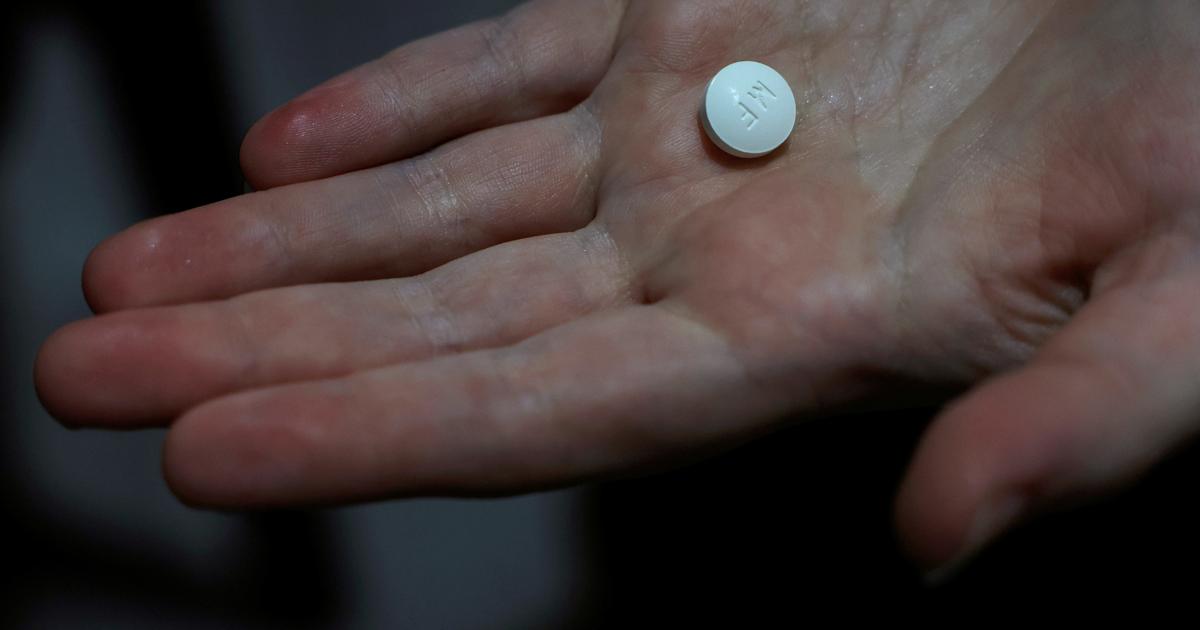Louisiana Passes Pioneering Abortion Pill Legislation Amidst Presidential Campaign
In a decisive legislative move, elected officials in Louisiana have approved a bill criminalizing the possession of abortion pills without a prescription. The bill, passed by both the Louisiana Senate and House, classifies mifepristone and misoprostol—widely used for abortions—as dangerous substances, comparable to Valium and Xanax. The possession of these pills without a prescription could now lead to prison time and heavy fines, marking a first in the United States. Republican Governor Jeff Landry is expected to sign the bill into law.
The timing of this legislation is noteworthy as it coincides with the heated presidential election campaign set for November. President Joe Biden and former President Donald Trump are expected to battle it out, with reproductive rights emerging as a major campaign issue. The bill has sparked significant controversy, attracting criticism from figures such as Vice President Kamala Harris who branded it ‘unconscionable’ and attributed this legislative shift to Trump’s influence.
Notably, Louisiana has already banned almost all abortions following the Supreme Court’s reversal of federal abortion rights in 2022. This new law further tightens restrictions by adding abortion medications to the list of controlled substances, enforceable by severe legal penalties. Nevertheless, licensed doctors are exempt from prosecution, and pregnant women are allowed to possess the drugs for their own use.
The Supreme Court had examined a case concerning mifepristone in March, where most justices exhibited reluctance toward reinstating restrictions on the pill. A conclusive decision is expected by the end of June, potentially reshaping the landscape of abortion rights in the United States further.
Across various states, including Florida, Arizona, and North Dakota, similar restrictive laws have proliferated following the Supreme Court's pivotal 2022 decision. The Democrats, leveraging this issue, aim to make abortion rights a critical point in the November presidential election, arguing that it could secure them a voter base disaffected by the Republican stance on this sensitive issue.
The former President Donald Trump remains a central figure in this debate, with Kamala Harris asserting that the conservative tilt of the Supreme Court, a legacy of Trump’s administration, has fueled these restrictive abortion laws. Despite these controversies, public opinion and voting outcomes in referendums on abortion have increasingly favored less restrictive measures, indicating a significant public pushback against stringent abortion laws.
- The new law imposes up to five years of imprisonment and a fine of $5,000 for possession of mifepristone and misoprostol without a prescription.
- This legislative move places Louisiana at the forefront of a growing list of states enacting stringent restrictions on abortion rights, amplifying the significance of reproductive rights in the imminent presidential election.
- These developments come amidst a broader national context of evolving and often contentious state-level abortion regulations, contributing to a deeply polarized political landscape around reproductive rights in the United States.






